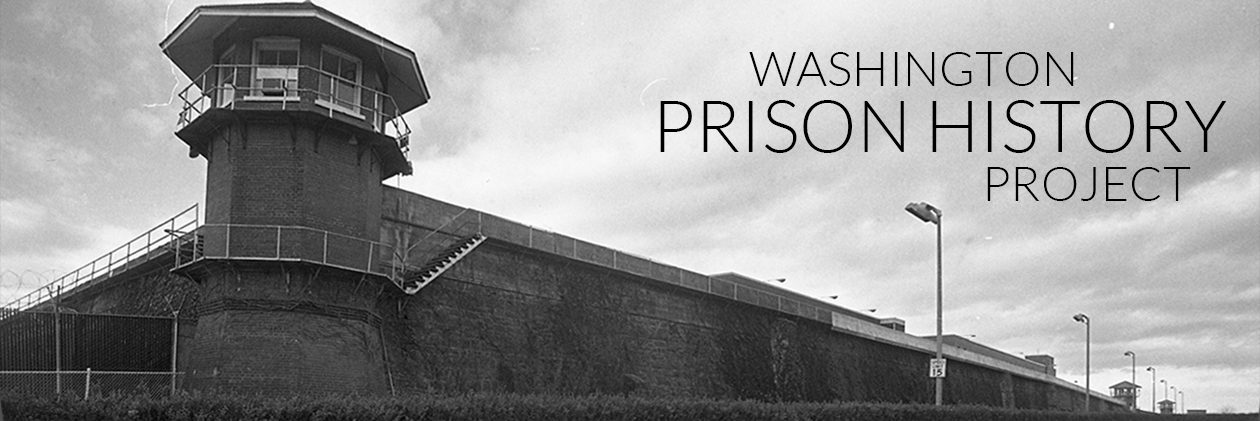
In 1978, John McCoy, a reporter, and Ethan Hoffman, a photographer, spent four months inside the Washington State Penitentiary in Walla Walla. They roamed the maximum-security compound at will, observing and befriending prisoners and guards, in their effort to give an honest portrayal of life in the Big House. They happened to be there as Washington, once a national leader in prison reform, abandoned rehabilitation and returned to caging and punishment. It was a brutal transition.
Concrete Mama does not propose alternatives to the mass incarceration that characterizes the American penal system today, with more than 2.2 million imprisoned. Its value is in its striking depiction of a prison community in which there is little to do, much to fear, and a culture that both mimics and scorns the outside world. The book tells the story of this community from the viewpoints of prisoners and their keepers.
McCoy’s straightforward account lets the inhabitants of this community speak for themselves. Hoffman’s stunning photography reveals their humanity — playing card games, cutting each other’s hair, decorating their cells, and running their motorcycles in the Big Yard. Yet Concrete Mama does not shirk from showing the racism, the sexism, the degradation, and the violence of incarceration. Prison life, one prisoner says, “is waking up every morning, wondering if today I’m gonna have to kill – or die.”
First published in 1981, Concrete Mama has long been out of print. The University of Washington Press will be reprinting the book in 2018, with a substantive foreword from historian Dan Berger that situates the book within the history of mass incarceration in Washington state. “Revisiting Concrete Mama now offers the opportunity to look at both sides of the equation: Prisons destroy people. And yet some people refuse to be destroyed.”
“[McCoy and Hoffman] went inside the walls, they looked, they listened, they learned, they sought to understand not just the kept but the keepers, and to pass on that understanding in words and pictures. . . . In these gripping pages they do not fail to make upon us the most human of claims-that there, save for the grace of an unfathomable God, might go any of us.” –Tom Wicker, from the foreword to the first edition, reviewing a previous edition or volume
“Concrete Mama is an intensely human portrait of the inhumane practice of caging. In their powerful images and text, McCoy and Hoffman document the end of one era in the history of incarceration in America and the crushing onset of another. With Dan Berger’s brilliant introduction, the return of this classic is an important contribution to the critique of the prison today.” –Regina Kunzel, author of Criminal Intimacy: Prison and the Uneven History of Modern American Sexuality
“Concrete Mama reveals the social life, power relations, and practices of intimacy in Walla Walla prison in the 1970s, a prison in the state of Washington known both for progressive reform and brutal acts of administrative violence. Through striking photographs and rich narrative text, Hoffman and McCoy offer a window into life inside the prison that has much to teach us about a critical moment in US prison history, as the book marks the eve of mass incarceration and the prison boom that would reshape and expand the reaches of the carceral state.” –Nicole R. Fleetwood, professor of American studies, Rutgers University-New Brunswick
“Nearly forty years after its original publication, Concrete Mama remains one of the most powerful accounts of life, power, and resistance behind bars. This timely edition, with an insightful new introduction by historian and activist Dan Berger, is essential reading for all of us.” –Elizabeth Hinton, author of From the War on Poverty to the War on Crime: The Making of Mass Incarceration in America
More about Concrete Mama:

You must be logged in to post a comment.